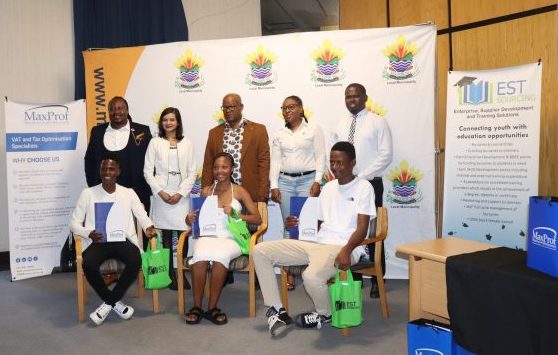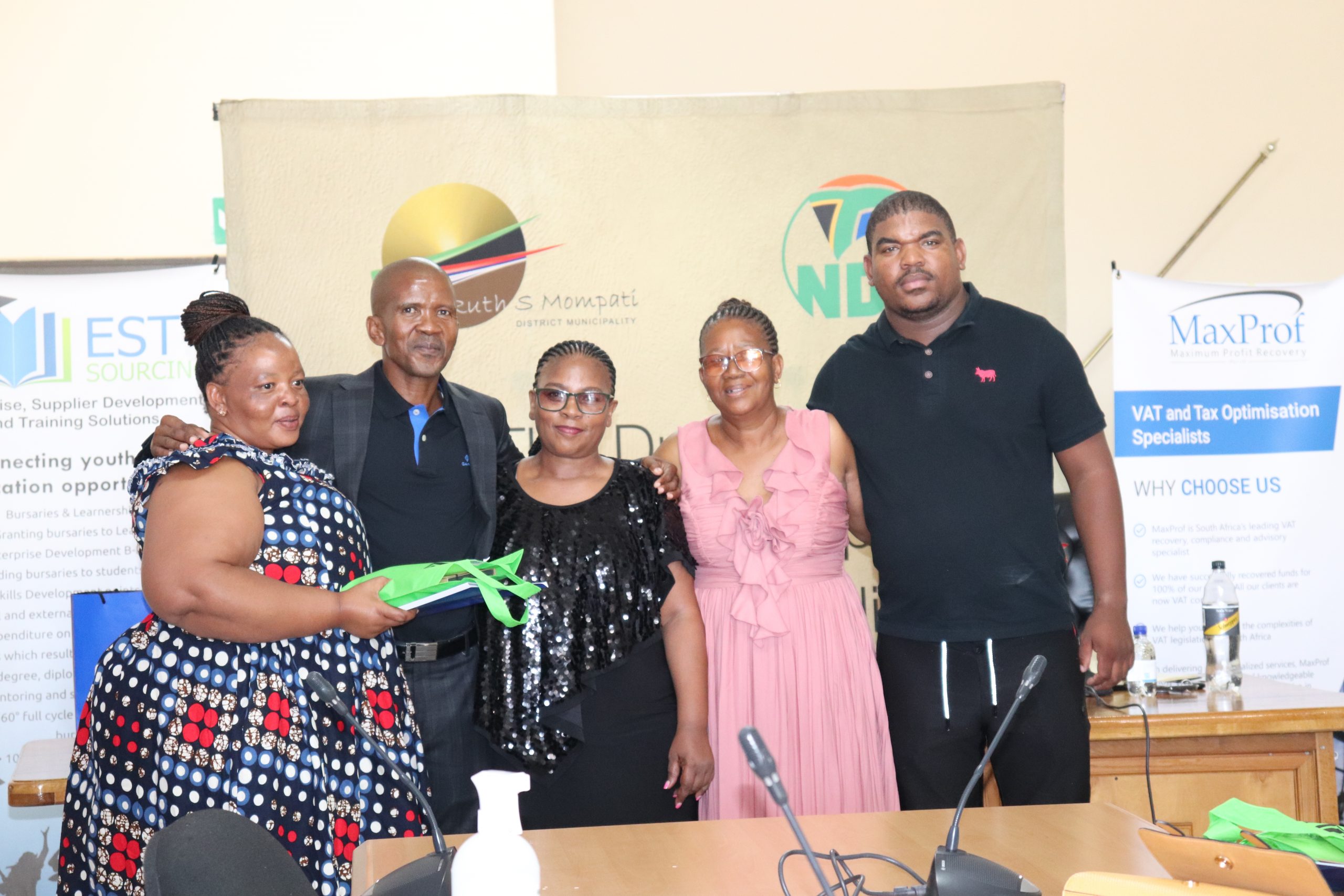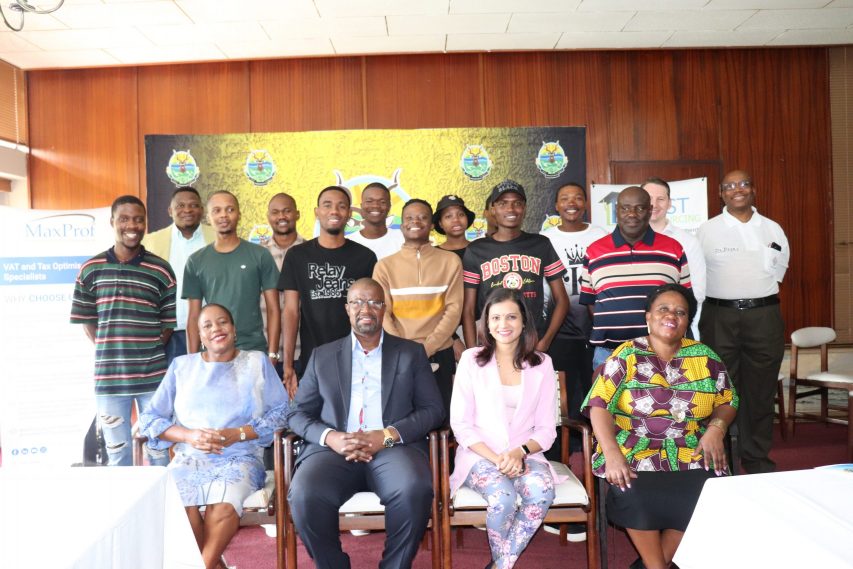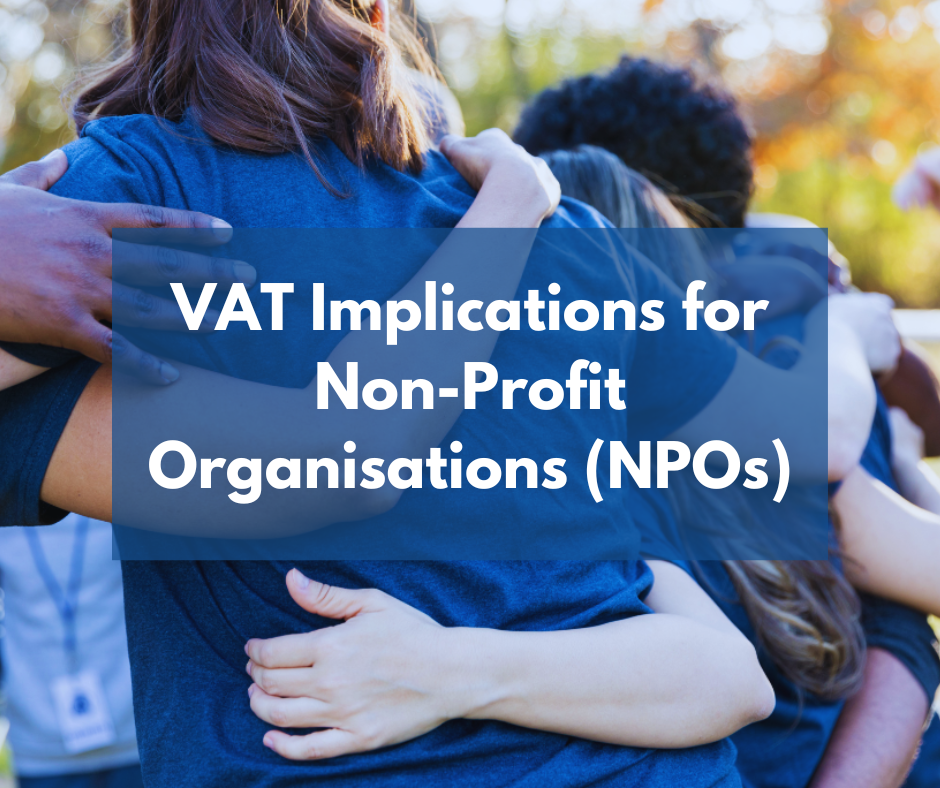In terms of the Value-Added Tax Act, the supply of residential accommodation can be seen as a “dwelling” or “commercial accommodation”. It is therefore important that one clearly understands the difference between the two, as the VAT implications differ.

Definitions per the Value-Added Tax Act, No 89 of 1991:
A “dwelling” means any building, premises, structure or any other place, or any part thereof, used predominantly as a place of residence or abode of any natural person, together with any appurtenances belonging thereto and enjoyed therewith, but does not include any accommodation in or intended to be used in a commercial rental establishment.
“Commercial rental establishment” means-
(a) the business of any hotel, motel, inn, boarding house, hostel or similar establishment in which lodging is regularly or normally provided to five or more persons at a daily, weekly, monthly or other periodic charge; or
(b) any business undertaking (not being any business referred to in paragraph (a)) in the course of which accommodation in any house, flat, apartment, room, caravan or houseboat or on any caravan or camping site is regularly or systematically let or held for letting by that undertaking for continuous periods not exceeding 45 days in the case of each occupant, if the total annual receipts and accruals from the supply of domestic goods and services in the course of carrying on such business undertaking have exceeded R24 000 or there are reasonable grounds for believing that such total annual receipts and accruals will exceed that amount; or
(c) any hospital, nursing home, hospice, convalescent home or rest home, but does not include-
(i) any boarding establishment or hostel operated by any employer solely or mainly for the benefit of the employees of such employer or of a connected person in relation to such employer or of their dependants, provided such establishment or hostel is not operated for the purpose of making profits from such establishment or hostel for the employer or such connected person;
(ii) any boarding establishment or hostel operated by any local authority otherwise than for the purpose of making profits from such establishment or hostel; (xxvii)
Distinguishing characteristics:
“The supply of accommodation in a house, flat, room or part of a building which constitutes the place of residence of a natural person can constitute the supply of a dwelling. However, a similar type of supply in certain circumstances may constitute the supply of commercial accommodation. It is therefore important to examine the nature and characteristics of the supply as well as all the circumstances under which the supply is made to determine the VAT treatment.”
A dwelling would typically refer to the letting of a house or flat in terms of a rental agreement for domestic purposes, whereas commercial accommodation refers to lodging or board and lodging not intended for pure domestic purposes (e.g. hotel or holiday apartment). Another difference between these two is domestic goods and services, as it is often included in the price of commercial accommodation.
The VAT Act defines “domestic goods or services” to include:
- cleaning and maintenance
- electricity, gas, air conditioning or heating
- a telephone, television set, radio or other similar article
- furniture and other fittings
- meals
- laundry
- nursing services
- water
Value of supply – Dwelling:
The lease of a ‘dwelling’ (without related goods or services) is an exempt supply. In other words, the landlord must not raise VAT on rental charged to the tenant. The landlord is also not entitled to claim VAT on amounts it paid to its suppliers, for example, on commission of rental agents. Notably, a landlord is not entitled to claim VAT on the price paid on the purchase of a dwelling.
Value of supply – Commercial accommodation:
Commercial accommodation should be considered as a standard rated and taxable supply. Domestic goods and services may be supplied separately for a separate consideration, or they may be supplied at an all-inclusive charge to the guest as an integral part of the supply of accommodation.
Short term – 28 days or less
Output VAT is levied on the full value of the supply (accommodation + domestic goods and services).
Long term – more than 28 days
Output VAT is levied on 60% of the full value of the supply (accommodation + domestic goods and services).
Scenario:
A VAT registered commercial hotel makes the following supplies in a tax period. The VAT liability for the tax period should be calculated.
| Supply | Amount (R)
(excl. VAT) |
| Guest staying between 1 – 28 nights on an all-inclusive charge basis | 20,000 |
| Guests that stay for a period longer than 28 nights on all-inclusive charges | 70,000 |
| Guests that stay between 1 – 28 nights with charges for accommodation only | 25,000 |
| Guests that stay for longer than 28 nights with charges for accommodation only | 45,000 |
| Charges for domestic goods and services for guests that stay on an accommodation only basis | 80,000 |
Implementation:
| Supply | Amount (R) (excl. VAT) | Taxable (R) @ 100% | Taxable (R) @ 60% | Total (R) |
| Guest staying between 1 – 28 nights on an all-inclusive charge basis | 20,000 | 20,000 | 20,000 | |
| Guests that stay for a period longer than 28 nights on all-inclusive charges | 70,000 | 70,000 | 42,000 | |
| Guests that stay between 1 – 28 nights with charges for accommodation only | 25,000 | 25,000 | 25,000 | |
| Guests that stay for longer than 28 nights with charges for accommodation only | 45,000 | 45,000 | 45,000 | |
| Charges for domestic goods and services for guests that stay on an accommodation only basis | 80,000 | 80,000 | 80,000 | |
| Total | 212,000 | |||
| Total VAT Liability (15%) | 31,800 |
Case Law Example: SARS vs Respublica (Pty) Ltd
In the case of SARS v Respublica (Pty) Ltd, Respublica entered a property lease arrangement with Tshwane University of Technology (TUT). The lease included supply of domestic goods and services to students in the form of water, electricity, maintenance, building management, a common television room and laundry services.
The noted lease arrangement was entered into principally to provide accommodation to students registered at TUT. Over the years, such lease arrangements have become common in South Africa because of the rise in enrolment and the corresponding rise in demand for accommodation. However, this boom in lease arrangements also gives rise to uncertainties in the VAT treatment of private accommodation provided to students, i.e., whether such supplies constitute taxable supplies or exempt supplies for VAT purposes.
In this case, the bone of contention rests on the following:
- The letting of accommodation by Respublica to TUT constituted a taxable supply of commercial accommodation for VAT, subject to 14% VAT.
- Respublica was required to subject only 60% of the rental charged to VAT on the basis that the domestic goods and services were supplied at an all-inclusive charge for temporary stays of unbroken periods exceeding 28 days, as evidenced in Section 10(10) of the VAT Act.
Respublica submitted to the court that it supplied commercial accommodation and, therefore, was liable to account for VAT on 60% of the rental income charged to TUT.
SARS’ grounds of argument in this case was based on the meaning of “commercial accommodation” which the VAT Act defines as “lodging or board and lodging”. According to SARS’ view, this meant that Respublica could not conceivably supply lodging to TUT which, in SARS’ view, should only be interpreted to apply to natural persons according to the ordinary meaning of the word “lodging”. Furthermore, SARS argued that TUT should be regarded as a tenant with the result that the lease agreement cannot be said to be that of lodging.
However, Respublica advanced the argument that the students are an integral part of the lease agreement with the result that the property is supplied for the sole purpose of accommodating students and includes the supply of certain domestic goods and services. Also, Respublica argued that the VAT Act does not restrict lodging to a natural person, as argued by SARS.
The court dealt with this case by interpreting the VAT Act and applying principles from the Endumeni judgment (Natal Joint Municipal Pension Fund v Endumeni Municipality 2012 (4) SA 593 (SCA)). The court agreed with Respublica that a nexus between Respublica and the end user (i.e., the student) is not a requirement for the supply to be that of commercial accommodation. It further found that the restrictive meaning of the word “lodging” is faulty on the basis that it ignores the purpose for which the property was being used. The court also found that, while the contract may be for five years, the students visit their homes during the holidays and, therefore, do not occupy the property for the entire period of the lease. The court advanced the reasons that the literal manner of interpretation as advanced by SARS will not make business of tertiary institutions easy as it overlooks the expenses that landlords incur in maintaining buildings occupied by students.
The court, therefore, found that the letting of accommodation by Respublica constitutes a taxable supply of commercial accommodation for VAT purposes with the result that VAT is to be levied on only 60%.
Subsequently, the matter was presented to the Supreme Court of Appeal, where the following decision was made: one cannot legitimately attribute to Respublica’s supply, governed as it was by its own contractual terms, the characteristics of an altogether different supply of accommodation to third parties under separate contracts, with whom it had no contractual nexus. The test for whether Respublica supplied lodging cannot be whether the end-use of the property under the second set of supplies by TUT was temporary in nature or constituted the supply of lodgings to the students. The relevant contractual rights and obligations were those as between Respublica and TUT, and did not involve the supply of temporary accommodation.
The fact that TUT supplied temporary accommodation in the form of lodging to its students is res inter alios acta and is irrelevant. Accordingly, as the supply by Respublica to TUT does not meet the first requirement of the ‘commercial accommodation’ definition that suffices to determine the appeal against it. It is thus unnecessary to consider whether the other requirements have been met. Nor is it necessary to consider whether the supply by Respublica is ‘a dwelling supplied in terms of an agreement for the letting and hiring thereof’, because counsel agreed that the exclusion did not find application and accordingly need not detain us.
Conclusion:
In essence, in determining the correct VAT implication for dwellings and commercial property, as was in the case between SARS v Respublica (Pty) Ltd, it comes down to the definition of what is considered commercial property and what is considered a dwelling.
References:
http://www.saflii.org/za/cases/ZASCA/2018/109.html
Authors:
Alvern Malgas
Theo Jansen van Vuuren
















